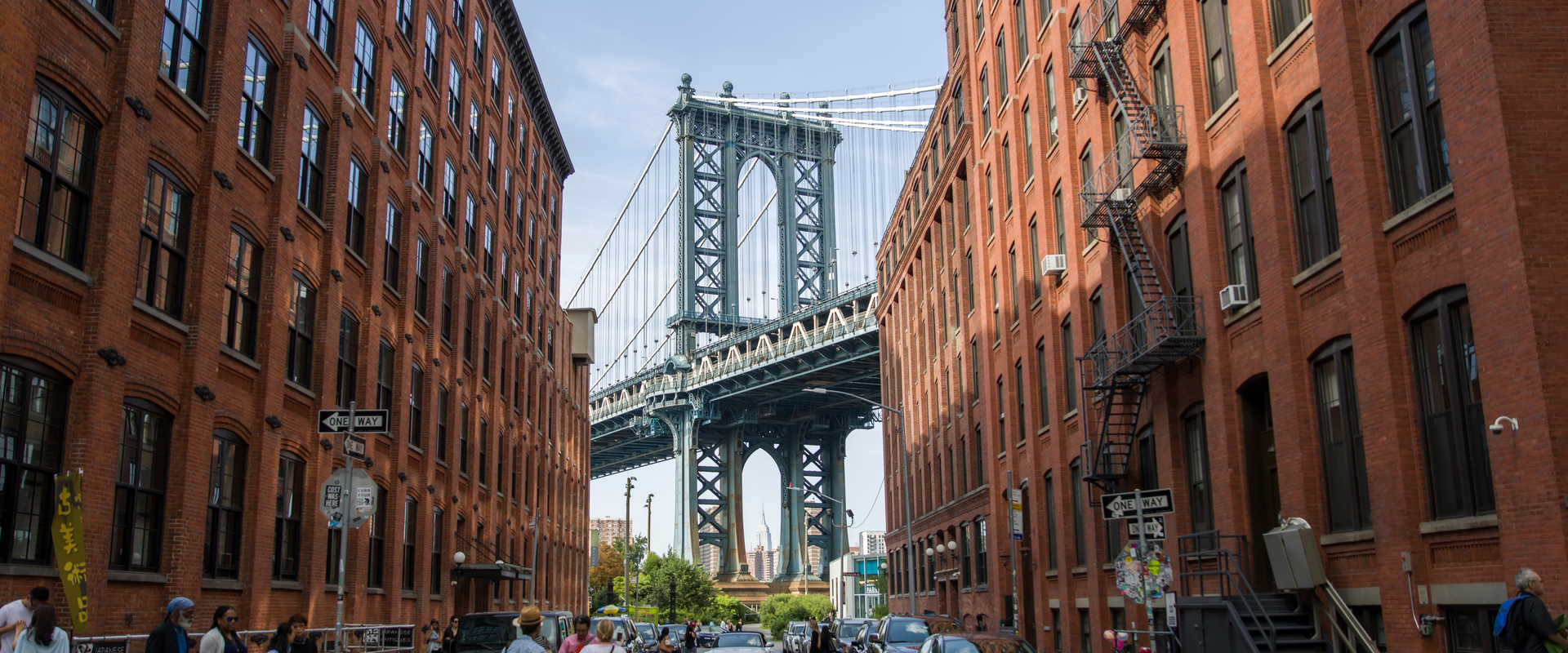
Sell Your House Fast For Cash Brooklyn
Short Sale vs Foreclosure – What’s the Difference in Brooklyn?
Whether you’re a buyer or a borrower/seller, a short sale, and foreclosure each present different advantages and difficulties.
A short sale and foreclosure are both options for homeowners facing financial difficulties and challenges in making mortgage payments. However, they differ in terms of the process, consequences, and impact on the homeowner’s credit. Here’s a brief overview of the differences between a short sale and foreclosure in Brooklyn:
-
Short Sale:
- Definition: A short sale occurs when a homeowner sells their property for an amount less than the outstanding mortgage balance, with the lender’s approval.
- Process: In a short sale, the homeowner typically works with a real estate agent to find a buyer. The agreed-upon sale price is then submitted to the lender for approval. If the lender agrees, the sale proceeds, and the remaining mortgage balance may be forgiven or negotiated.
- Credit Impact: While a short sale does have a negative impact on the homeowner’s credit, it is generally less severe than a foreclosure. The impact may last for a shorter duration.
-
Foreclosure:
- Definition: Foreclosure is a legal process in which a lender repossesses a property after the homeowner fails to make mortgage payments. The lender takes ownership of the property through a court-ordered sale.
- Process: The foreclosure process involves several stages, including missed payments, notification of default, public auction, and potential eviction of the homeowner. Once the property is sold at auction, the proceeds are used to satisfy the outstanding mortgage debt.
- Credit Impact: Foreclosure has a significant negative impact on the homeowner’s credit. It can remain on the credit report for up to seven years, making it challenging to obtain credit or secure favorable terms for new loans.
-
Considerations:
- Timing: A short sale is typically initiated by the homeowner when facing financial hardship, while foreclosure is a process initiated by the lender after missed payments.
- Involvement of Lender: In a short sale, the lender must approve the sale, while in a foreclosure, the lender takes control of the property through legal proceedings.
- Remaining Debt: In a short sale, the lender may forgive the remaining mortgage balance or negotiate a settlement. In a foreclosure, the lender may pursue the homeowner for any remaining deficiency after the sale.
It’s important for homeowners in Brooklyn facing financial challenges to explore their options early, including discussing potential solutions with their lender, seeking advice from financial counselors, and consulting with real estate and legal professionals. Each situation is unique, and the best course of action may vary based on individual circumstances.
Short Sale vs Foreclosure – What’s the Difference in Brooklyn?
What Is A Foreclosure In Brooklyn?
In simple terms… “A foreclosed home is one in which the owner is unable to make his mortgage loan payments and the bank repossessed the home” (source). If you stop making your house payments… your lender has the right to foreclose on your property so they can attempt to recoup their money that was lent to you.
A home is typically foreclosed on when a borrower fails to make mortgage payments. The lending institution assumes ownership and possession of the property, evicting the borrower. These properties are then sold at auction or more traditional means utilizing the service of real estate agents. A foreclosure can damage the credit rating of a borrower, and make it very difficult to obtain a mortgage for many years.
Depending on the state that you live in… a foreclosure can work in different ways. Check out the foreclosure process information over here at the HUD Government website.
What Is A Short Sale?
In a short sale, the home is still owned by the borrower.
The definition of a short sale is… “A short sale is a sale of real estate in which the proceeds from selling the property will fall short of the balance of debts secured by liens against the property, and the property owner cannot afford to repay the liens’ full amounts and where the lien holders agree to release their lien on the real estate and accept less than the amount owed on the debt” (source: Wikipedia)
In some cases, a short sale is an option agreed upon by borrowers and lenders. In a short sale, the home is sold for less than the outstanding balance of the mortgage. The unpaid balance (known as the deficiency) may or may not still be owed by the borrower.
This option typically takes some time, as a few different lending institutions may own the mortgage. All parties who have a stake in the property must agree to the terms of the sale, and a potential deal could fall through if even one lender doesn’t agree.
Short Sale vs Foreclosure – Your Options
While both options can have ramifications, a short sale often has less of an impact on the borrower’s creditworthiness. A foreclosure could impact a borrower’s credit score by 300 or more points, where a short sale may only dent the credit score by 100 points.
Borrowers who are foreclosed on are often ineligible to purchase another home for 5-7 years with a traditional mortgage, where under certain circumstances, a short sale borrower can purchase immediately.
As many Americans struggle with an economy that has yet to completely recover from the 2008 crash, folks are having a hard time making monthly mortgage payments. Choosing between being foreclosed and initiating a short sale (or a 3rd option… selling your house fast )is an easy choice for a borrower having troubles paying their mortgage on time.
Sometimes, lenders are willing to work with borrowers to complete a short sale, to avoid the fees and time-consuming process of conducting a foreclosure.
Our suggestion is always this.
- Talk with your lender and discuss ways that they can work with you on your loan. We offer this service where we can help guide you in the right direction if you run into issues with your lender… just reach out to us on our Contact page and we’ll discuss your situation.
- Attempt a short sale or other programs your lender may have that forgives part of your loan, creates a new / more affordable monthly payment so you can get back on your feet, etc.
- If the bank isn’t willing to work with you very much… your best option may be to sell your house. Work with a local real estate house buyer service like Tristate Holdings 167 Inc. to sell your house fast for an all-cash offer. If you’re interested we can look at your situation and make you a fair offer on your house within 24 hours. Just fill out the form on our website over here >>
- Foreclosure. Last resort is to let the house fall into foreclosure. This is the worst possible scenario. It’ll harm your credit and you could still be left with money owed to the bank even after the foreclosure is finished.
By knowing your options, you may be able to dodge a significant impact on your credit score, allowing you to purchase a new home when your situation improves. A foreclosure on your credit report makes that possibility extremely difficult for 5-7 years, so if you have the opportunity, a short sale can be the better option.
Have a pending foreclosure? We’d like to make you a fair all-cash offer on your house.

